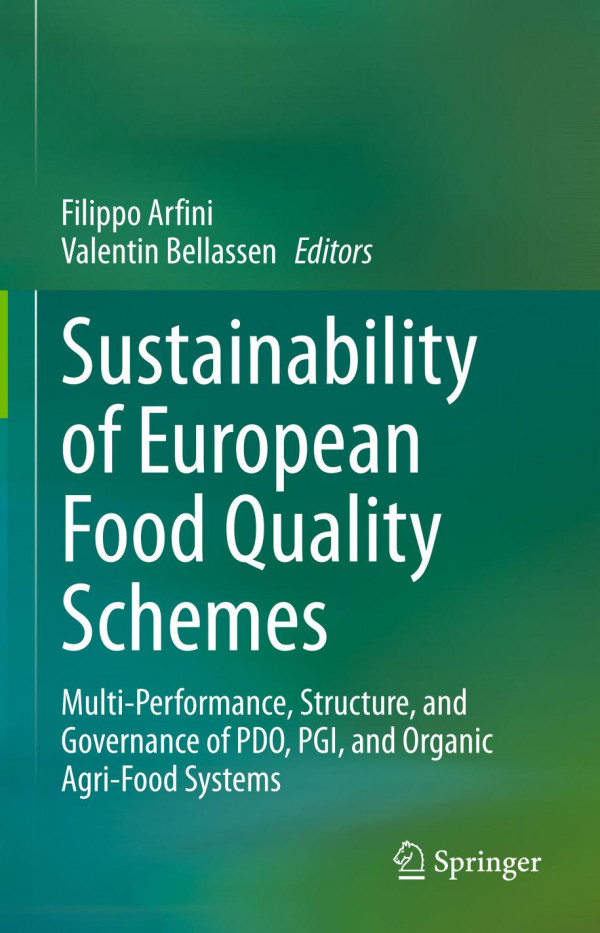

Most ebook files are in PDF format, so you can easily read them using various software such as Foxit Reader or directly on the Google Chrome browser.
Some ebook files are released by publishers in other formats such as .awz, .mobi, .epub, .fb2, etc. You may need to install specific software to read these formats on mobile/PC, such as Calibre.
Please read the tutorial at this link: https://ebookbell.com/faq
We offer FREE conversion to the popular formats you request; however, this may take some time. Therefore, right after payment, please email us, and we will try to provide the service as quickly as possible.
For some exceptional file formats or broken links (if any), please refrain from opening any disputes. Instead, email us first, and we will try to assist within a maximum of 6 hours.
EbookBell Team

4.3
48 reviewsThis edited volume evaluates recent EU quality policy, focusing on the structure, governance, technical specifications and performances – economic, environmental and social – of Food Quality Schemes (FQS) in the European Union and South East Asia. The intended benefits of FQS include generating a fair return for farmers and producers, and enabling consumers to make better‐informed purchasing choices through effective labeling. In addition, policy makers now consider FQS as a means of guaranteeing not only quality in food production, but also sustainability.
Despite these potential benefits, the economic performance of the FQS (e.g. PDO, PGI, organic) has been variable. While some support significant value‐added production, with substantial benefits to producers, consumers and wider economies, many others have failed to become economically sustainable. In addition, the environmental and social performance of FQS remains largely unexamined, with the exception of the environmental performance of organic products.
The editors examine these discrepancies and offer a nuanced evaluation of the effectiveness of such policies. Several unique features make this volume a key resource for those interested in FQS and in the sustainability of food products. The editors provide a concise description of the value chain, the governance and the technical specifications of 27 FQS in Europe and South East Asia. The editors also provide a sustainability assessment of each of these FQS, and support or question the view that FQS are moving from “quality” to “sustainability.” Finally, the volume serves as a repository of key data on these FQS. Readers have access to the raw data necessary to compute the indicators used in the sustainability assessment (eg. value added, number of jobs, quantity of fertilizers, etc), allowing them to conduct novel re-analysis.
The book is designed for an interdisciplinary audience of academics, policy makers, and stakeholders. The compilation of FQS case studies makes it a useful reference for researchers and students of food policy, geography, food anthropology, local and rural development, local agri-food systems and agri-food chains. Stakeholders such as national and European regulators, entities responsible for FQS technical specifications, and embassy staff will also find the information relevant. Additionally, individuals helping to implement food quality schemes, including auditors, producers, and consumer associates, as well as stakeholders in the sustainability of food products, including farmers, farmer's associations, and environmental NGOs, will also find the information relevant and important for their work.